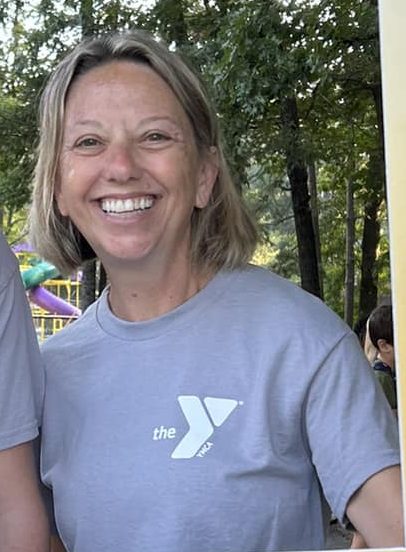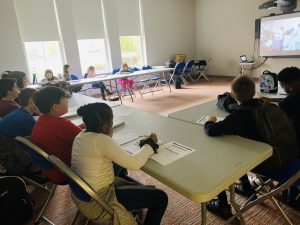
YMCA of Greater Charlotte Launches Tailored Entrepreneurial Program, Achieving Over 80% Real-World Project Creation.


The Background
The YMCA of Greater Charlotte, committed to community development and youth empowerment, realized a pressing need. In a rapidly evolving world, they recognized the importance of equipping their youth with skills that transitioned beyond traditional learning. This led them to Dream Chaser Kids, a transformative program tailored to mold students from passive consumers of knowledge to active creators of opportunity.
The Dream Chaser Kids program catered to students from grades 5 to 12 across three YMCA campuses and multiple semesters. The program’s overwhelming demand was evident each semester, with classes consistently oversubscribed.
The Challenge
While YMCA offered a range of programs focusing on physical well-being and community engagement, a gap existed in initiatives that instilled entrepreneurship and real-world financial skills. The challenge was introducing a program that would educate and inspire students, enabling them to apply their learning in real-life scenarios.
The Strategy
With a curriculum tailored for the target age group, modules were introduced that seamlessly intertwined theory with practical application, emphasizing hands-on project creation and financial understanding.
Implementation:
- Tailored Modules: Collaborating closely with the YMCA, Dream Chaser Kids customized its modules to resonate with student’s talents, ensuring relevance and engagement throughout.
- Consistent Engagement: The program was rolled out across three YMCA campuses over multiple semesters, with each iteration refined based on feedback and outcomes.
- Skill Enhancement: Post-program assessments were instrumental in gauging the enhancement of students’ understanding of entrepreneurship and financial concepts.
- Project Creation: Central to the curriculum was the creation of real-world projects. By the program’s culmination, students had built projects ready for launch, demonstrating their acquired skills and knowledge.
The Results
Skill Development
- Quantitative Improvement: Post-program assessments, based on a standardized comprehension test comparing pre- and post-program scores, indicated an average 40% improvement in students’ understanding of entrepreneurship and financial planning.
Real-world Preparedness
- Project Completion Rate: 80% of participants successfully built and presented a viable project plan by the program’s conclusion, demonstrating practical application skills. This metric serves as a direct indicator of student’s ability to apply theoretical knowledge to real-world scenarios.
High Demand
- Enrollment Growth: The program experienced a 50% increase in enrollment requests semester-over-semester, leading to an expansion of offered sections. This consistent oversubscription is a tangible measure of the program’s growing appeal and perceived value among the student body.
Enthusiastic Feedback
- Advancement Interest: 92% of students expressed explicit interest in enrolling in advanced modules, based on post-program survey responses.
